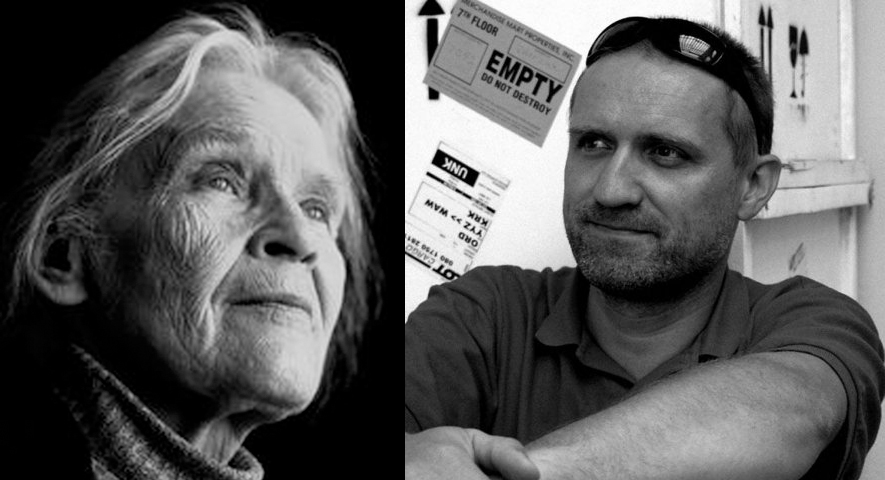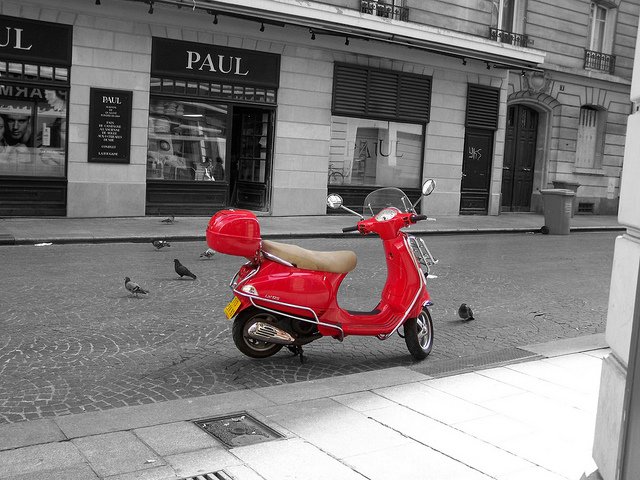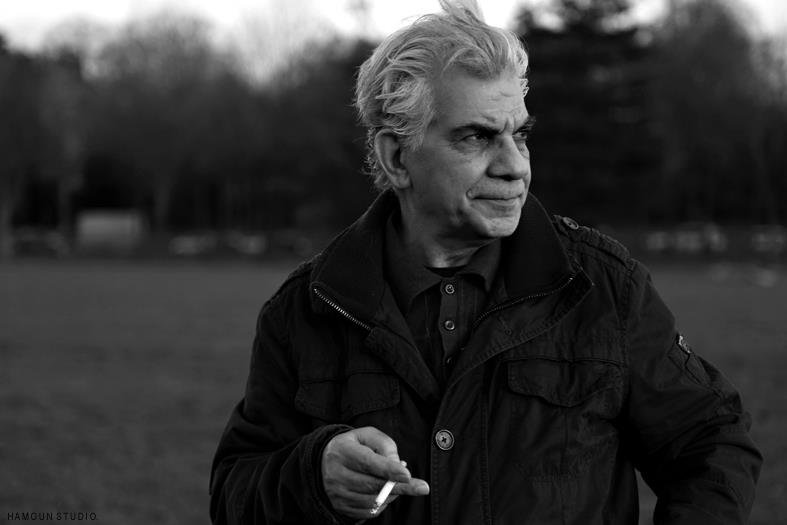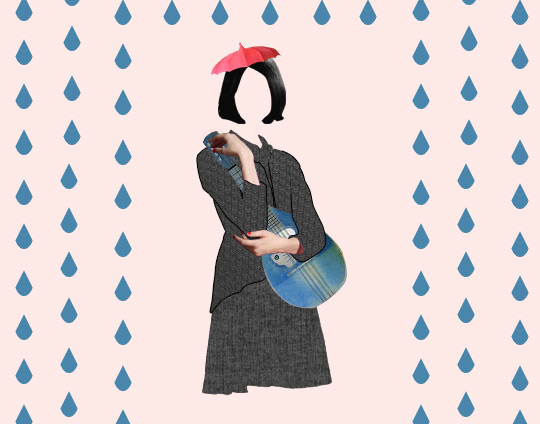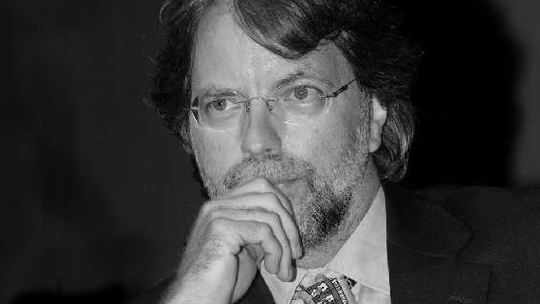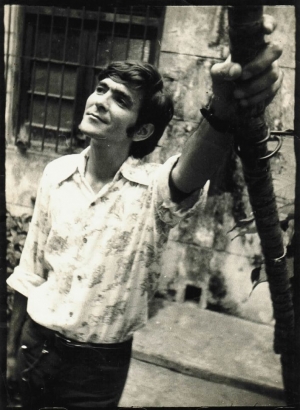“Poetry needs experiment, philosophical reflection on its own material, rebellion, seeing itself as a task for readers,” argued Piotr Śliwiński in his 2002 overview of contemporary Polish poetry, Adventures with Freedom. “In other words, it needs Karpowiczs. Especially Polish poetry, dominated over the last two decades by Miłosz and Herbert.” As a translator, I often think of Śliwiński’s diagnosis, particularly when I need to disappoint my interlocutors with the news that I don’t translate Herbert, Miłosz or Szymborska. I don’t have to – they are synonymous with Polish poetry in English. But Karpowicz? How to explain, then, what poetry needs, if this name hardly functions outside Poland? Another challenge: how to present a poet Karpowicz tried to promote, both in the US and in Poland? If only I could say, “Krystyna Miłobędzka is one of the Karpowiczs…”
Translations
I don’t claim to be an expert on Pushkin’s poetry, in fact I might say there’s only one work of his I’m thoroughly acquainted with, and that’s Eugene Onegin. I‘ve read his lyrical and epic poetry, his fiction, drama and correspondence, of course, and have read up on the poet and his work, yet Eugene Onegin holds quite an exceptional place in my reading and perception of Pushkin.
Today’s post is a selection from Takashi Hiraide’s The Guest Cat, translated from the Japanese by Eric Selland. A bestseller in France and the winner of the Kiyama Shohei Literary Award in Japan, the novella concerns a couple in their thirties living in a small rented cottage in a quiet section of Tokyo. They work at home and have reached a point in their relationship where they no longer have much to say to one another. The arrival of a cat changes things. Hiraide is a poet, and his writing is at once fast and delicate, attuned to the finest details in his characters’ lives. The Guest Cat will be published by New Directions on January 28.
From all of us at Asymptote, we’d like to wish you a happy holiday season, and to thank you for reading us this year. We look forward to 2014 where we will continue to publish new literature from around the world. Today, as promised, please enjoy a short excerpt from Jan Henrik Swahn’s novella Manolis’ Mopeds, translated from the original Swedish by the author himself.
Reza Ghasemi’s third novel, The Spell Chanted by Lambs, was initially published in installments under the title of Madman and the Moonpars Tower on the author’s personal blog in 2002 as a reaction to censorship, making Ghasemi the first Iranian writer to turn to the Internet in the face of artistic suppression. It took six years to be traditionally printed by the Paris-based Khavaran Publications, and still five more years to be translated into English by novice translator Erfan Mojib. Says Mojib: “Ghasemi admits that he’s not aware of the existence of [online narrative] in other languages and is sure of [its] nonexistence in Persian literature, as he calls it the first Iranian ‘online novel’ and sarcastically labels the term as one of his own bastardizations.”
A poet of non-poetic things, Sun Wenbo drops himself into the mine of his subject and then starts tapping on the walls around him to find a way to tunnel out. This is the tension that undergirds his work, whether the poet’s intellect will manage to make its way back to the surface. His lines are sinewy but vernacular, sometimes verging on chatty, with moments of startling grace. He has read and absorbed the greats of Chinese literary history, and he writes as much to Du Fu as to his contemporaneous readers. His oeuvre as a whole presents a poet passionately concerned with words above all, but also with history and politics, the metaphysical and social realms, philosophy, love and its failures. When judging their peers, Chinese writers tend to be concerned not only with a poet’s output, but with his or her attitude toward the work of poetry. Sun Wenbo ranks among the most focused and intent. He has a scholar’s force of concentration and a soldier’s determination.
Nao-cola Yamazaki’s first published work, 2004’s Don’t Laugh At Other People’s Sex, won the Bungei Award, was adapted into a major motion picture, and was nominated for the Akutagwa Award, a prestigious honor given annually to a promising Japanese writer. “I believe that the mission of contemporary Japanese writers is to express ambiguity,” she says, as an introduction to the following piece, an excerpt from her novel The Beginning of the Long End. Yamazaki was a participant in the 2013 Writers Omi at Ledig House Translation Lab, along with the translator of this piece, Takami Nieda. Yamazaki, who has in the past been skeptical that her work would be translatable, found her views altered by her time at Ledig. “The Japanese have always had a tendency to celebrate ambiguity as a virtue,” she writes, and “the Japanese language itself seems to be suited for expressing ambiguity… For example, it is possible to construct sentences without a subject, there are many passive expressions, and sentences can be written without specifying an object. These are some of the characteristics of Japanese that differ from English and perhaps many other languages.” Though she recognizes how her work takes advantage of the nuances of her native tongue, Yamazaki completed her stint at Writers Omi believing that a translation that conveyed her fascination with vagueness would maintain some of its distinct qualities, and “perhaps those reading the translation might enjoy those elements as a kind of ‘Japaneseness.’”
Alejandro Zambra’s “The Novel I Lost”
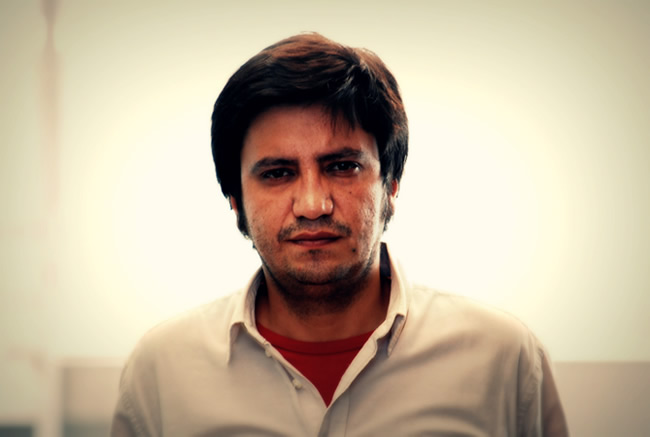
The Chilean writer reflects on the film adaptation of his novel
Alejandro Zambra is a Chilean writer at the forefront of literature today. The appearance in 2006 of Bonsái, his first novel, was an event—“A bloodletting,” as Marcela Valdes called it. In 2007 he was one of the Hay Festival’s “39 under 39” list of the best young Latin American writers, and in 2010 he was featured in Granta’s Best of Young Spanish Language Novelists issue. He has written two more novels: La vida privada de los arboles (tr. The Private Lives of Trees, Open Letter), and Formas de volver a casa (tr. Ways of Going Home, FSG); his new collection of short stories, Mis documentos, will be out from Anagrama in early 2014.
The latest winner of the Neustadt Prize, Mozambican writer Mia Couto, stands as one of the preeminent writers working in Portuguese today. Couto, 58, counts poems, short stories, novels, and essays among his output of 25 books. The Neustadt honor comes on the heels of the 2013 Prêmio Camões, awarded to Couto in May. Much as the Neustadt is often called the “American Nobel,” the Camões is likewise nicknamed the Portuguese-language Nobel.
READ MORE…
Taking license with Ray Bradbury
If you ever pass through Citrus Park, I recommend that you not enter Miss Roberta Donovan’s bar. Keep going, at full speed, and try not to listen to the siren’s song of the women tattooed on that enormous madam. I had the bad luck of stopping in Citrus because my car broke down there. The radiator, the spark plugs, who knows what went wrong with my old ’69 Mazda. Today it’s gone forever in the sands of that ghost town.
Because, gentlemen, Citrus Park is a ghostly town. There are no garages, no markets, no pharmacies, no cafés: nothing. One glance is enough to understand that it’s completely uninhabited, perhaps due to those hurricanes in the early part of the century that beat the Florida coast with unusual fury. The houses are in ruins, the streets are made of white sand, and millions of giant red ants crawl over everything in search of scarce shrubs found around the periphery. They’re enormous ants, perhaps the world’s largest, and they attack humans, leaving enormous terribly itchy welts. READ MORE…
“When I was young I brushed my teeth with a straight piece of bone, the bristles were thick and hard like a wheat field, until my mother would rub her finger over them and complain ‘Damien, that’s disgusting, you know you’re supposed to say when your brush is worn out!’ and throw the thing in the drawer of the painted sideboard. Later, in the years when I was still wearing long, striped bathing suits, we had slightly curved implements, the handles I mean. The bristles were in clusters separated by a little gap, like a flowerbed, and on the back there were little holes in the furrows and thin colored lines, like on the bathing suits… They lost their bristles very fast, and then my mother blamed me for getting rid of them too often. I don’t know why we didn’t throw away toothbrushes at our house. There was a drawer full of them, out of commission—a toothbrush graveyard. The sideboard Aunt Cécile had painted was a Campo Santo of objects: we put everything broken, or no longer used, in there… Then came the era of metal brushes. It was after I came back from the regiment. They were pitiful things. The others, the bone ones, turned yellow, but it didn’t help to call the steel in the new ones stainless, it aged very badly.” READ MORE…

